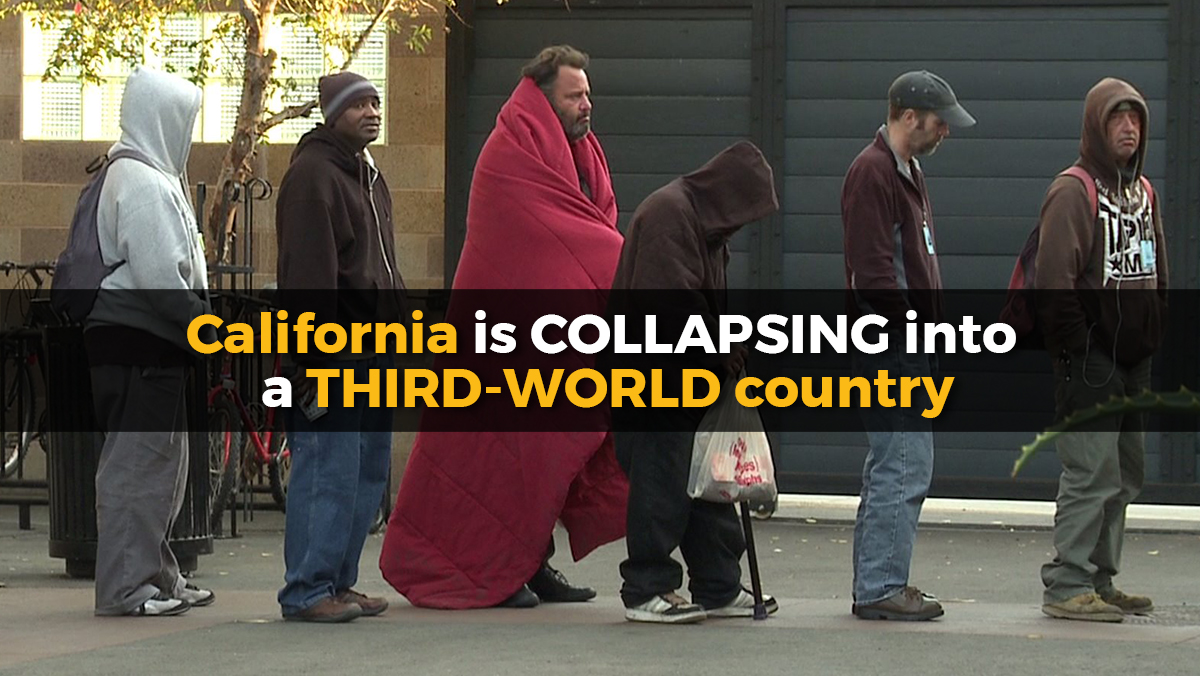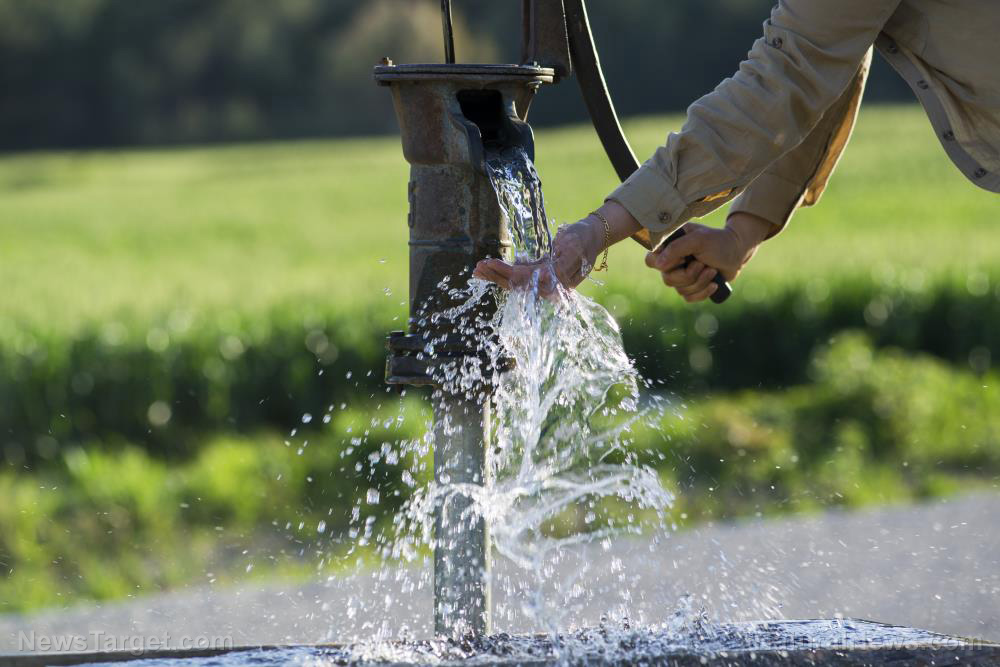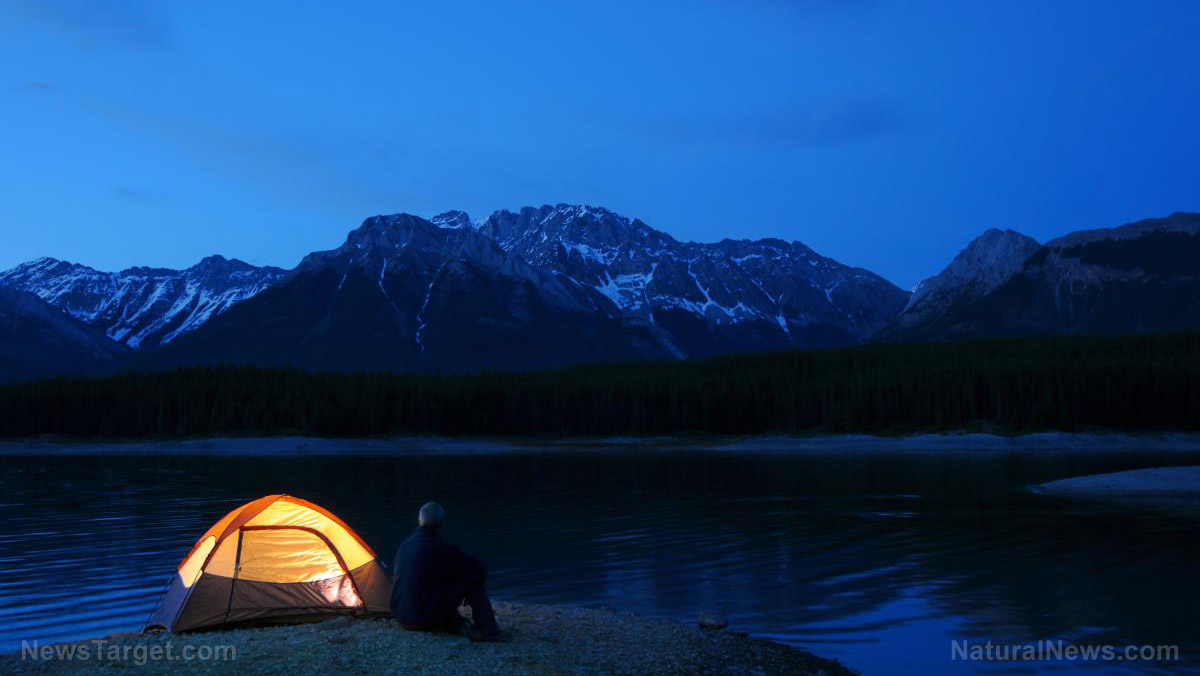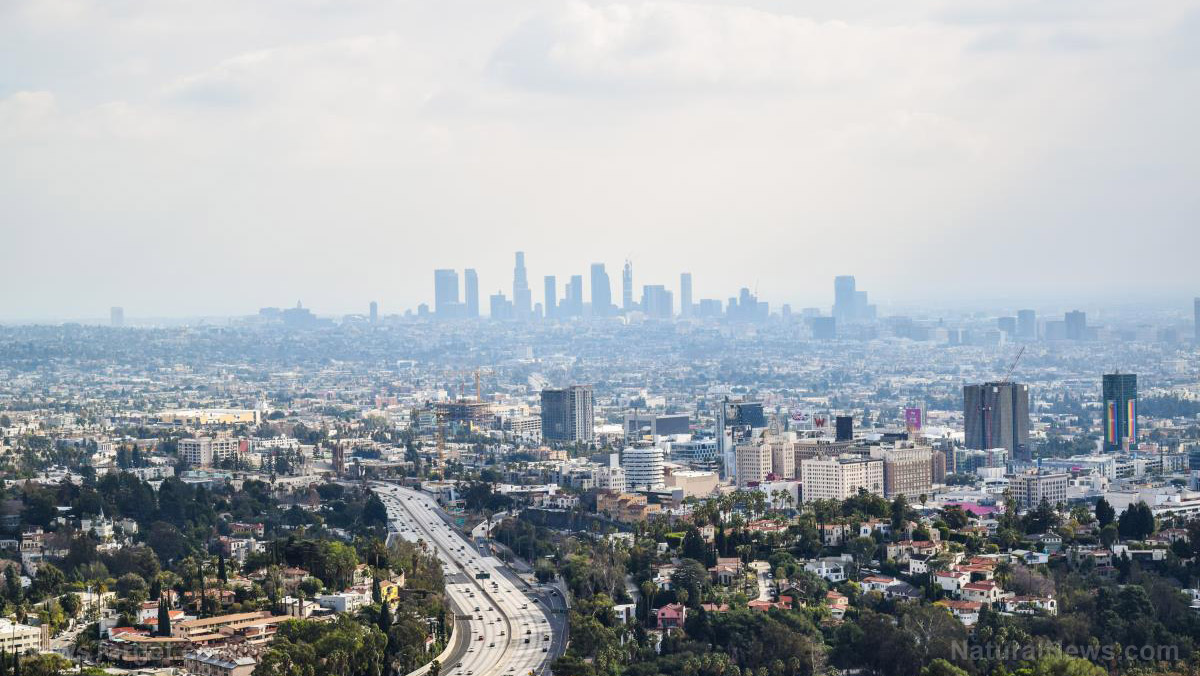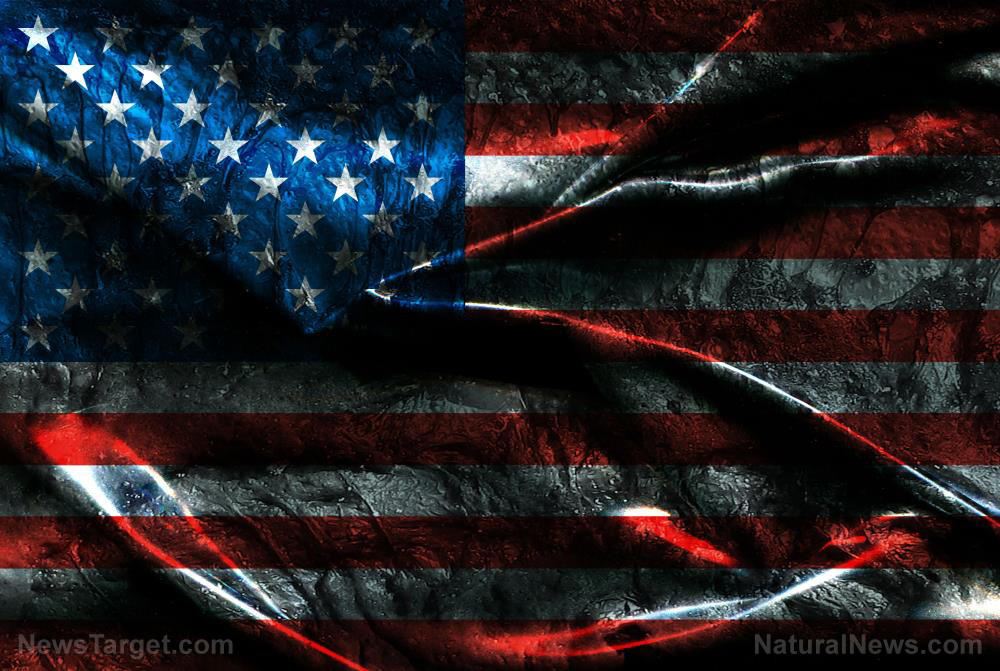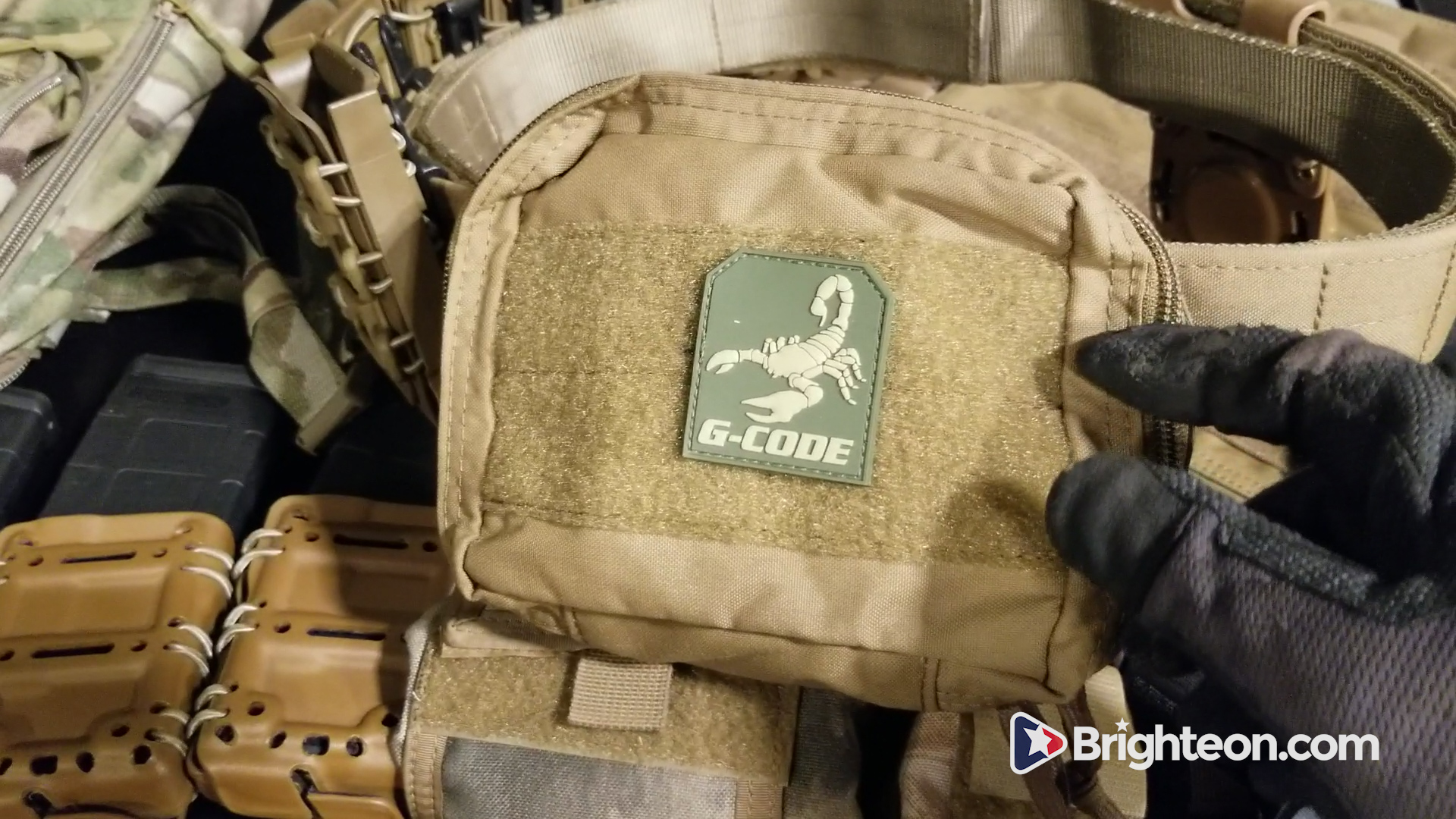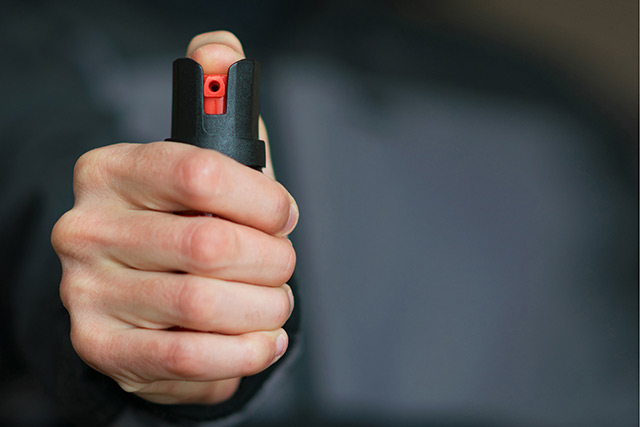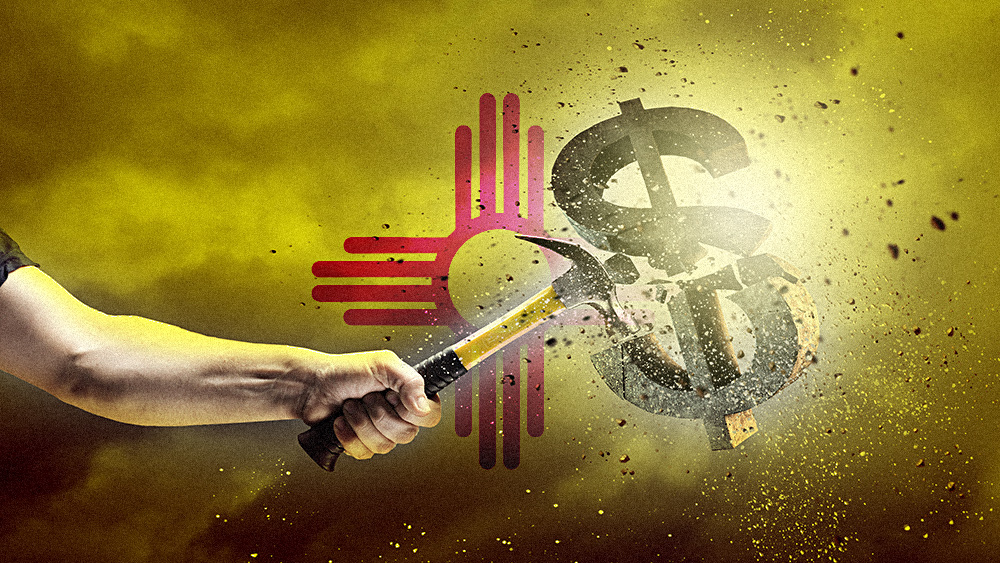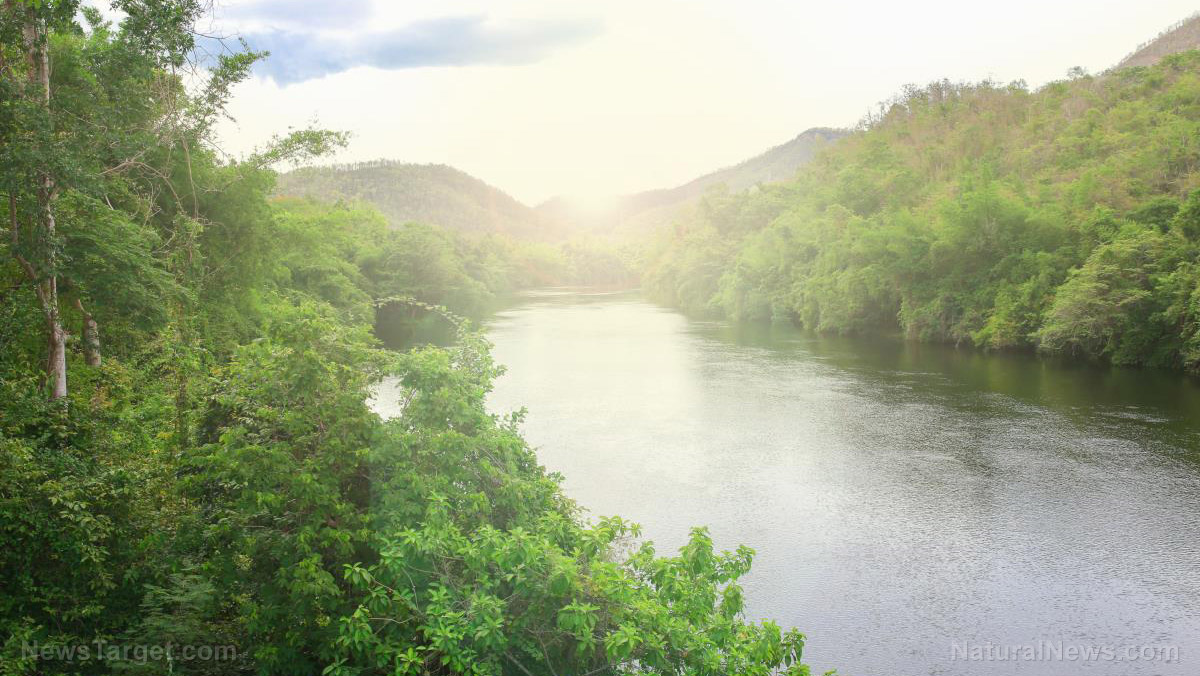Survival priorities: Is water more important than shelter?
05/03/2019 / By Zoey Sky

Before SHTF, a prepper takes the time to master skills that will help him or her build and find survival priorities like food, water, and shelter. But if you had to choose just one, what would you prioritize – clean water or shelter? (h/t to ModernSurvivalBlog.com)
Determine your survival priorities with the “Rule of Three”
According to the Rule of Three, you can survive:
- Three minutes without breathable air (or in icy water or with severe bleeding)
- Three hours in harsh weather without decent shelter (without shelter in cold weather, your body’s core temperature may drop)
- Three days without clean drinking water
- Three weeks without food
Here comes the hard part: deciding whether shelter or water is more important when SHTF. Depending on the environment, the answer could be either one. Both resources are crucial to your survival.
However, to say that water is your first priority is wrong – sometimes. The same can be said for shelter.
Shelter as a survival priority
You need to maintain a safe body core temperature to ensure survival. When trapped in an environment where hypothermia could be a problem, then shelter may become your number one priority. If you’re prepared to find or build shelter, your priorities may change. (Related: 5 Preps that you need to master to be the ultimate survivor.)
It’s possible to survive for several days without water, but severe hypothermia can cause death within hours. Your clothes, outerwear, and literal shelter, or anything that protects you from the elements, belong to the survival category of “shelter.”
Get CLEAN FOOD and help support our mission to keep you informed: The Health Ranger Store lab verifies everything we sell with accredited testing for heavy metals, microbiology and food safety. Certified organic facility, ISO-accredited on-site laboratory, no GMOs or synthetic ingredients. The world's #1 source of lab-verified clean foods and superfoods for nutritional healing. 600+ products available. Explore now.
Take note that preventing exposure to excessive heat is just as important as preventing hypothermia. You should also prioritize shelter over water when exposed to extreme heat.
Water as a survival priority
You should prioritize hydration if you haven’t had water to drink in a while. The survival “rule of thumb” of three days without any liquids may seem exaggerated, especially since some people survive much longer without water. However, these cases are exceptions to the rule.
The human body is constantly evaporating and exhaling moisture. Without clean drinking water, you will become dehydrated and your health will deteriorate rapidly.
In a survival scenario, your priority isn’t just water, it’s clean drinking water. Even if you have access to contaminated water, you will need a way to boil and filter it.
Other possible survival priorities
Aside from shelter and water, there are other things that could be considered survival priorities.
- First aid – Say you fall and twist your ankle while you’re hiking; you need medical supplies to immediately treat your injury.
- Safety – If you’re trapped inside your vehicle, you need to ensure your safety first. Can you escape your car using tools? Can you call for help if you’re unable to move?
- Security – In certain SHTF scenarios, security could be a priority. You may need to evade attackers, or you may need to use defensive or offensive tactics to protect yourself.
Preppers must adapt and overcome
Life is unpredictable and your survival priority will depend on the scenario that you’re facing. As a prepper, you need to be adaptable so you can overcome whatever hurdle is thrown your way.
Instead of choosing between just water or shelter, take note of these five main categories for your survival:
- Shelter
- Water
- Food
- Security
- First aid
Covering all five categories however you can will significantly improve your chances of surviving different SHTF scenarios.
Prepare for water and shelter before SHTF
Don’t wait until disaster strikes before you learn how to purify water or build a shelter.
- Water – If you’re traveling outdoors, always bring water with you. Take survival training classes to learn how to find water. Make sure your survival gear includes a clean water container and several methods to collect and purify water, such as filters, fire, or chemical treatment.
- Shelter – Shelter includes anything that protects your skin and body from rain and extreme cold or heat. Wear the right kind of clothing and outerwear for your location, and include materials for building a shelter in your survival gear. You should also learn how to start a fire from basic materials to prevent hypothermia.
If you had to choose between water or shelter as a survival priority, shelter would almost always win. But this is only because in worst case scenarios, there is a higher chance of losing your life quicker due to exposure to the elements compared to dehydration.
Sources include:
Tagged Under: bug out, clean water, Collapse, dehydration, disaster, emergency, hypothermia, off grid, preparedness, prepping, safety, self-help, self-reliance, shelter, SHTF, survival, survival priorities, water, wilderness survival
RECENT NEWS & ARTICLES
COPYRIGHT © 2017 COLLAPSE.NEWS
All content posted on this site is protected under Free Speech. Collapse.news is not responsible for content written by contributing authors. The information on this site is provided for educational and entertainment purposes only. It is not intended as a substitute for professional advice of any kind. Collapse.news assumes no responsibility for the use or misuse of this material. All trademarks, registered trademarks and service marks mentioned on this site are the property of their respective owners.

